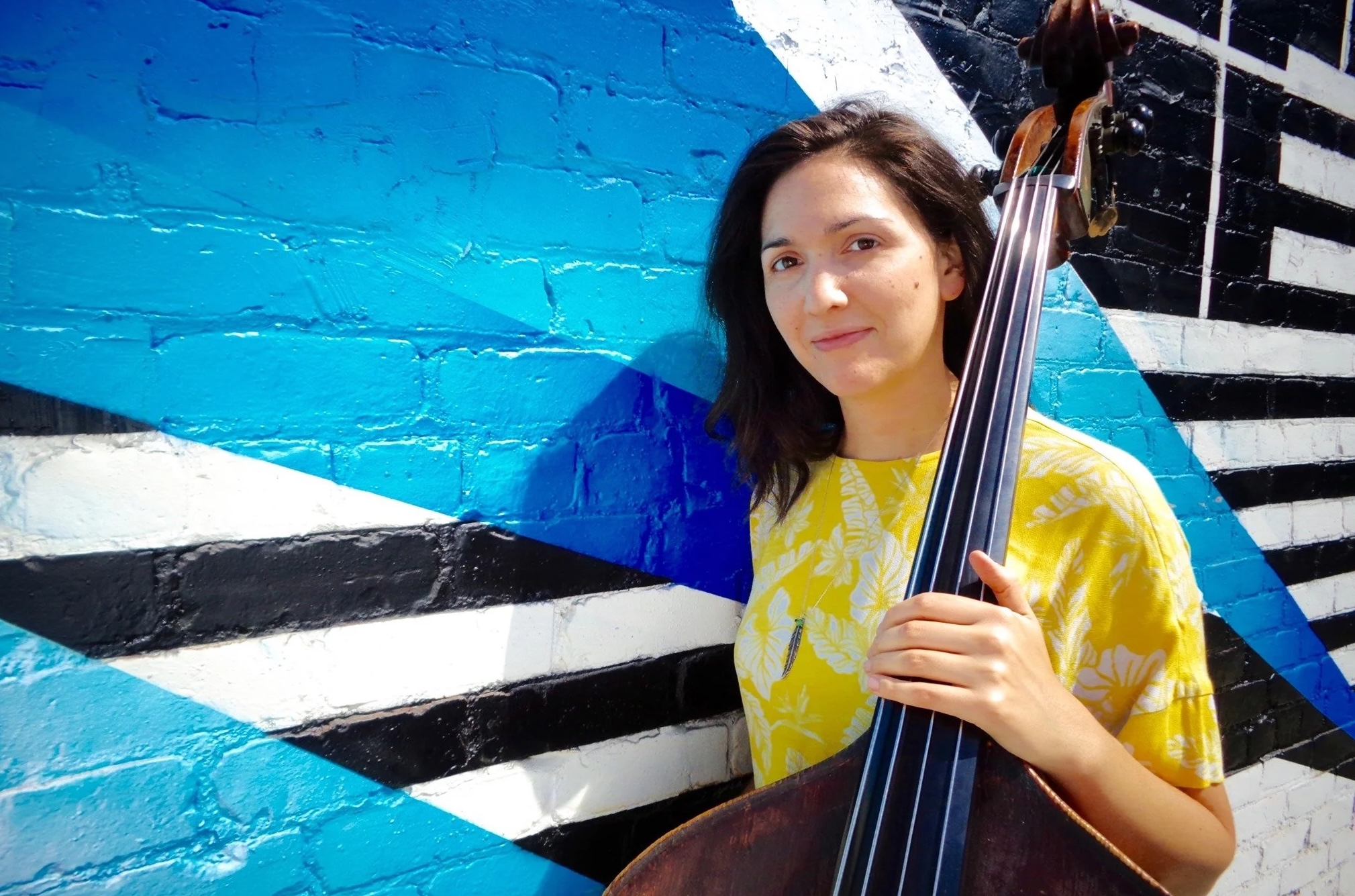
By Oregon Coast TODAY
With a signature mix of big-time performances and small-town vibes, the Oregon Coast Jazz Party returns to the Newport Performing Arts Center on Friday through Sunday, Oct. 3-5.
And on the stage and behind the scenes, clarinet and saxophone player Ken Peplowski also returns as music director.
“I think the secret to the success of the festival is that it continues to stay at a slightly smaller level than many other similar festivals,” he said. “And I’ve worked it out so that I have just enough musicians each year that the audience can go to all four sessions and they’ll never hear anything repeated. They are all first-time-only, one-of-a-kind, forever sets because it’s all about mixing and matching.”
With a core group of performers anchoring the festival, Peplowski plans each new year with input from audience members.
“Last year, a lot of people asked if we could have some new faces this year; so I did that,” he said. “About half the people are brand new to the festival and 25 percent haven’t been around for a long time.”
This year’s performers include Bruce Harris on trumpet, Lucy Yeghiazaryan on vocals, Scott Hamilton on sax, Mariel Bildsten on trombone, Diego Figueiredo on guitar, Mark Feinman on drums, Alejandro Arenas on bass, John O’Leary in piano, Katie Thiroux on bass, Rossano Sportiello on piano and Greg Williamson on drums.
New this year, the La Lucha Trio, composed of Mark Feinman, Alejandro Arenas and John O’Leary, will come to the festival all the way from Florida.
“I like them a lot,” Peplowski said. “They are younger guys, they’ve got a lot of great energy and not only play great versions of standards but they also play really clever reworked versions of pop songs, from artists like David Bowie and the Eagles, things like that. It’s a really pretty amazing variety.”
Another newcomer to the party, heading down from Washington, will be Hot Club of Spokane, a band with a unique combination of influences ranging from jazz manouche to Western swing to American standards. Like the original quintet of the Hot Club of France, the group features a lineup made up mostly of stringed instruments that are perfect for smaller venues. The full line-up that will be at the party also includes pedal steel, saxophone and three-part harmony vocals in the full, seven-piece configuration.
“If we want the real sound we need the whole group,” said band leader Garrin Hertel. “Ken has played with us several times so he knows our sound. It was such an honor to have someone of his stature ask us to come down for the event.”
The group celebrates local musicians that helped create the sound that would later become classic jazz and swing.
“Bing Crosby grew up in Spokane and became very well-known,” Hertel said, “and we play a bit of his early music. But we also play music from lesser-known local musicians like Mildred Bailey.”
Mildred, a Coeur d’Alene woman who died in 1951, greatly contributed to the 1930s jazz and swing music scenes. She influenced the musical career of Crosby, her childhood friend, and also acted as a mentor to Billie Holiday.
“Because her career was so early and there really wasn’t much recorded of her, she was almost forgotten,” Hertel said. “But recently there has been more interest in her and her legacy. She also influenced her little brother, Al Rinker.”
Al not only went on to play with Crosby, he penned the tune “Everybody Wants to be a Cat” for the Disney movie “The Aristocats.”
“It was important for us to create a hot club group that really represents the town we are in and tell some of these stories through music,” Hertel said.
While welcoming variety, Peplowski said that most of the music at the party will fit into the classic jazz genre represented by such recognizable names as Miles Davis and John Coltrane.
“The way those songs were written they are constructed in such a way that they are accessible for all listeners,” Peplowski said. “Even for people younger than 30 or 40.”
And it wouldn’t be a party if it weren’t a gathering.
“In this internet age and after the pandemic, I think everybody has gotten used to just going to a streaming service if they want to hear a new album or see a band perform,” Peplowski said. “I feel it’s my job, and really any musician’s job, to remind people of the novelty and the unique aspect of collectively listening to music, which is a whole different thing than watching a live video. We feed off the audience’s energy just as much as they do ours.”
The party starts at 7 p.m. Friday and runs through Sunday at the Newport Performing Arts Center. For more information and the full schedule of sessions, go to www.coastarts.com or call 541-265-2787.





















From my favorite Yankee- Yogi Berra. On Jazz. Full interview.
An interview with the Master of Malapropisms
Interviewer: Can you explain Jazz?
Yogi: I can’t, but I will. 90% of all Jazz is half improvisation. The other half is the part people play while others are playing something they never played with anyone who played that part. So if you play the wrong part, its right. If you play the right part, it might be right if you play it wrong enough. But if you play it too right, it’s wrong.
Interviewer: I don’t understand.
Yogi: Anyone who understands Jazz knows that you can’t understand it. It’s too complicated. That’s what’s so simple about it.
Interviewer: Do you understand it?
Yogi: No. That’s why I can explain it. If I understood it, I wouldn’t know anything about it.
Interviewer: Are there any great Jazz players alive today?
Yogi: No. All the great Jazz players alive today are dead. Except for the ones that are still alive. But so many of them are dead, that the ones that are still alive are dying to be like the ones that are dead.
Interviewer: What’s the difference between theory and practice?
Yogi: In theory there is no difference between theory and practice. In practice there is.
Interviewer: What is syncopation?
Yogi: That’s when the note that you should hear now happens either before or after you hear it. In Jazz, you don’t hear notes when they happen because that would be some other type of music. Other types of music can be Jazz, but only if they’re the same as something different from those other kinds.
Interviewer: Now I really don’t understand.
Yogi: I haven’t taught you enough for you to not understand Jazz that well.